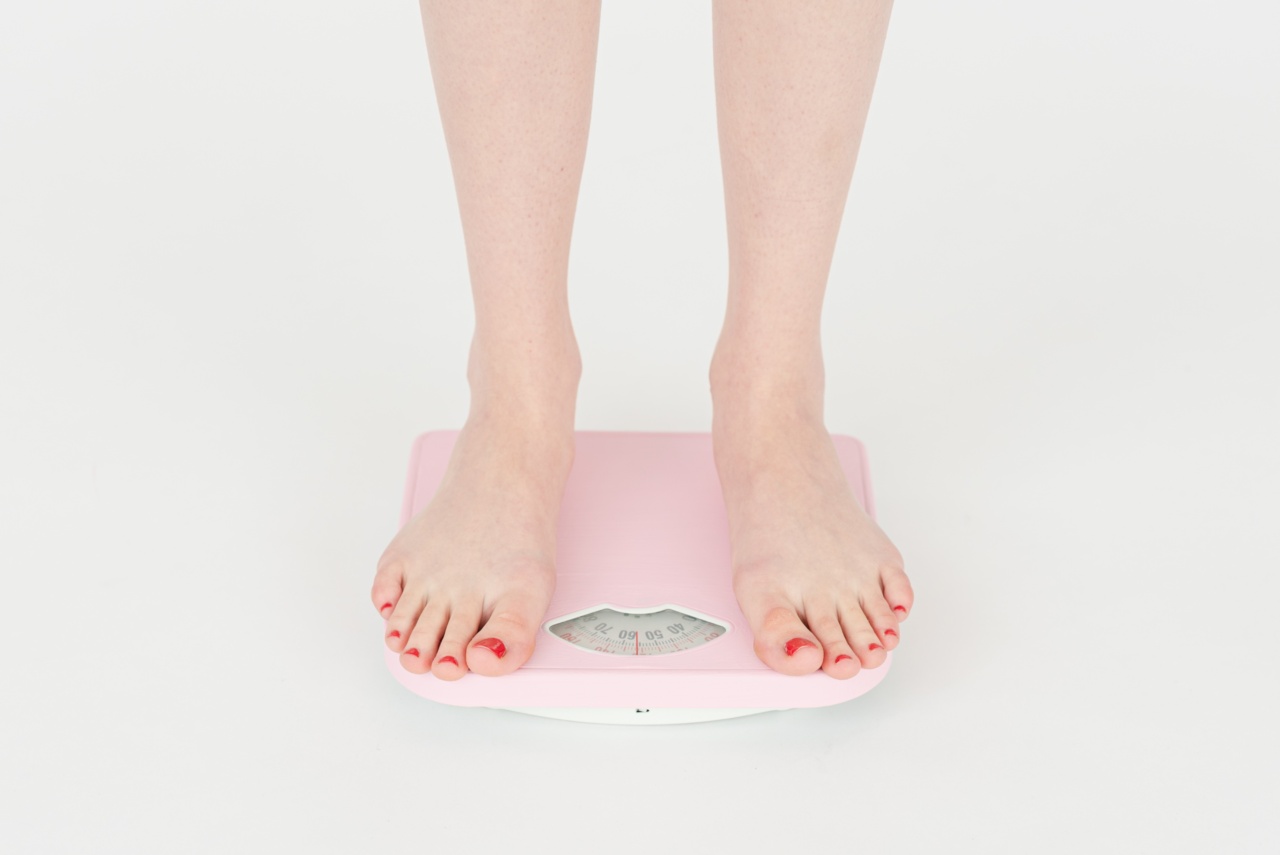When it comes to weight loss, many people believe that strict adherence to a diet is the only way to achieve their goals.
While maintaining a healthy eating pattern is important, it turns out that taking periodic breaks from your diet could actually have several benefits, including aiding in weight loss. Let’s explore why taking a break from your diet could be a smart strategy to help you shed those extra pounds.
1. Preventing Metabolic Adaptation
Our bodies are incredibly adaptive, and when we consistently restrict calories, they can quickly adapt to the lower intake. This means that over time, your metabolism may slow down to compensate for the reduced energy intake.
However, taking a break from your diet by consuming a higher amount of calories for a short period can help prevent metabolic adaptation. This break can trick your body into maintaining a high metabolic rate and prevent the weight loss plateau that often occurs during prolonged dieting.
2. Psychological Relief
The constant restriction and deprivation associated with dieting can take a toll on your psychological well-being.
Allowing yourself periodic breaks from your diet can provide psychological relief, reducing the feelings of guilt and anxiety that often accompany a strict eating plan. This psychological break can help you maintain a healthier relationship with food, reducing the likelihood of binge-eating episodes and promoting overall long-term success.
3. Hormonal Balance
A prolonged period of dieting can lead to hormonal imbalances, particularly with hormones like leptin and thyroid hormones, which play a crucial role in regulating appetite and metabolism.
When you take a break from your diet and consume a higher amount of calories, it can stimulate the production of these hormones, bringing balance back to your body. This hormonal balance can help you maintain a healthy weight and prevent the negative effects of prolonged dieting on your metabolism.
4. Increased Adherence
Following a strict diet for an extended period can be challenging both physically and mentally. However, by incorporating planned breaks, it can make your overall diet more sustainable and easier to stick to in the long run.
Knowing that you have the freedom to enjoy foods you love in moderation during these breaks can help you stay motivated and committed to your weight loss journey.
5. Muscle Preservation
When you consistently consume fewer calories while dieting, there is a risk of losing muscle mass along with fat. This can lead to a decrease in your metabolic rate and hinder your weight loss progress.
Taking a break from your diet and eating slightly more calories can help preserve your hard-earned muscle mass. This is especially important as muscle plays a crucial role in increasing your metabolism and aiding in long-term weight management.
6. Enhanced Nutrient Absorption
Strict diets often involve eliminating certain food groups or restricting overall food intake, which can result in nutrient deficiencies over time.
By taking a break from your diet and incorporating a wider variety of foods, you allow your body to absorb a broader range of essential nutrients. These nutrients are vital for overall health and wellbeing and can support your weight loss efforts by optimizing your body’s functioning.
7. Improving Long-Term Success
One of the biggest challenges with diets is sustaining the weight loss achieved once the dieting phase is over. Research suggests that taking planned breaks from your diet can significantly improve long-term success by preventing weight regain.
By alternating between periods of calorie restriction and maintenance, you can establish a more balanced eating pattern that is easier to maintain in the long run.
8. Breaking Plateaus
Many people experience weight loss plateaus during their dieting journey. These plateaus occur when your weight remains stagnant despite continued adherence to your diet.
Taking a break from your diet can help break through these plateaus by boosting your metabolism and reinvigorating your weight loss efforts. By increasing your calorie intake for a short period, you can kickstart your metabolism and continue progressing towards your weight loss goals.
9. Preventing Nutritional Deficiencies
Strict diets that eliminate entire food groups or severely restrict calorie intake can increase the risk of nutritional deficiencies.
By incorporating periodic breaks into your diet, you reduce the likelihood of these deficiencies by allowing yourself to consume a wider variety of foods. This can ensure you’re obtaining all the essential vitamins, minerals, and macronutrients necessary for optimal health and weight management.
10. Enjoying Life
Ultimately, taking a break from your diet allows you to enjoy life and the social aspects of eating. It provides the flexibility to indulge in special occasions, celebrations, and your favorite foods without feeling guilty or derailing your progress.
By striking a balance between your weight loss goals and enjoying the pleasures of food, you can create a sustainable and enjoyable lifestyle.
Conclusion
Taking a break from your diet can offer numerous benefits beyond just providing temporary relief. It can prevent metabolic adaptation, offer psychological relief, restore hormonal balance, and increase long-term adherence.
Additionally, it helps preserve muscle mass, enhances nutrient absorption, prevents nutritional deficiencies, and breaks through weight loss plateaus. Ultimately, incorporating planned breaks into your diet can improve long-term success, create a healthier relationship with food, and allow you to enjoy a well-rounded and sustainable approach to weight loss.



























